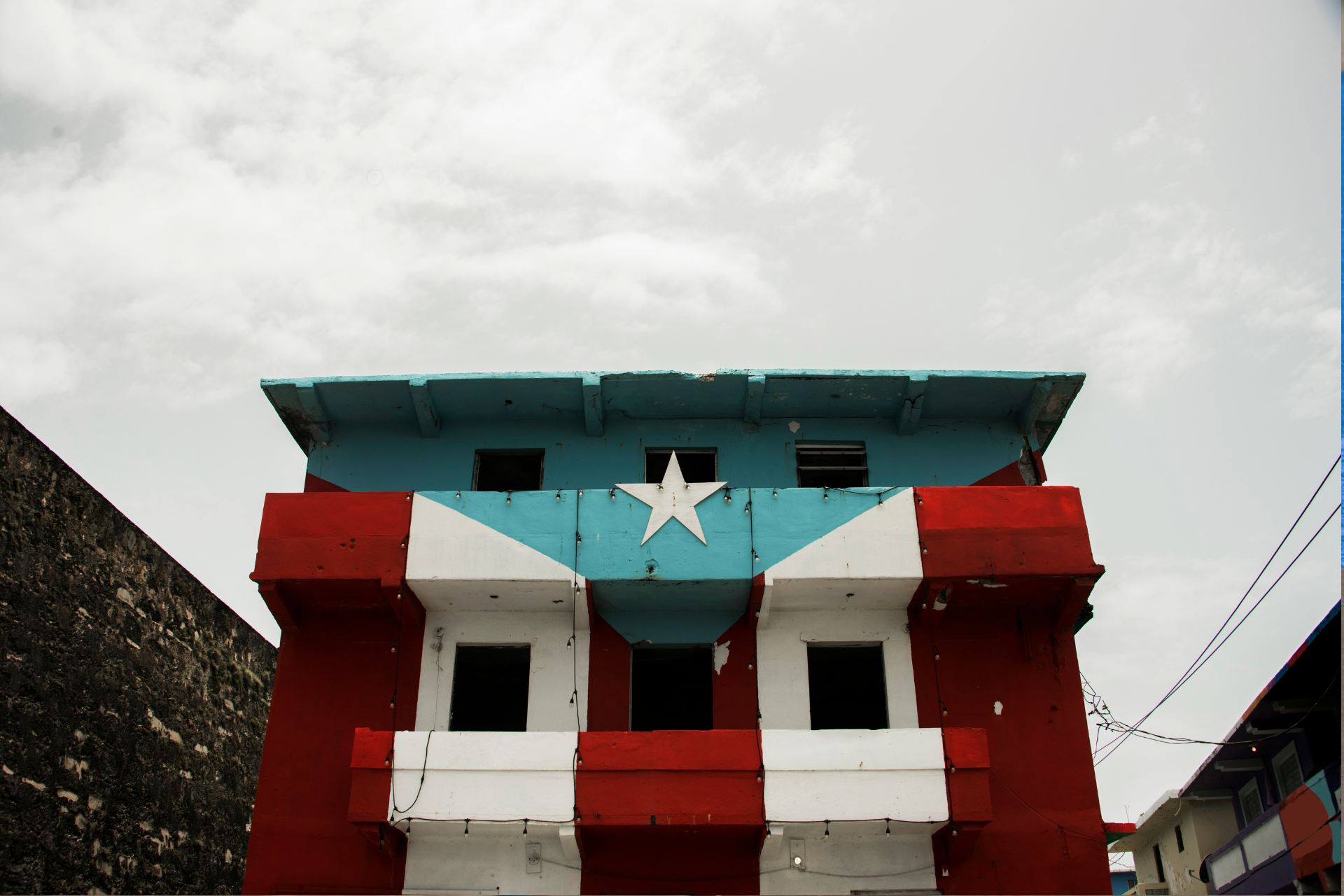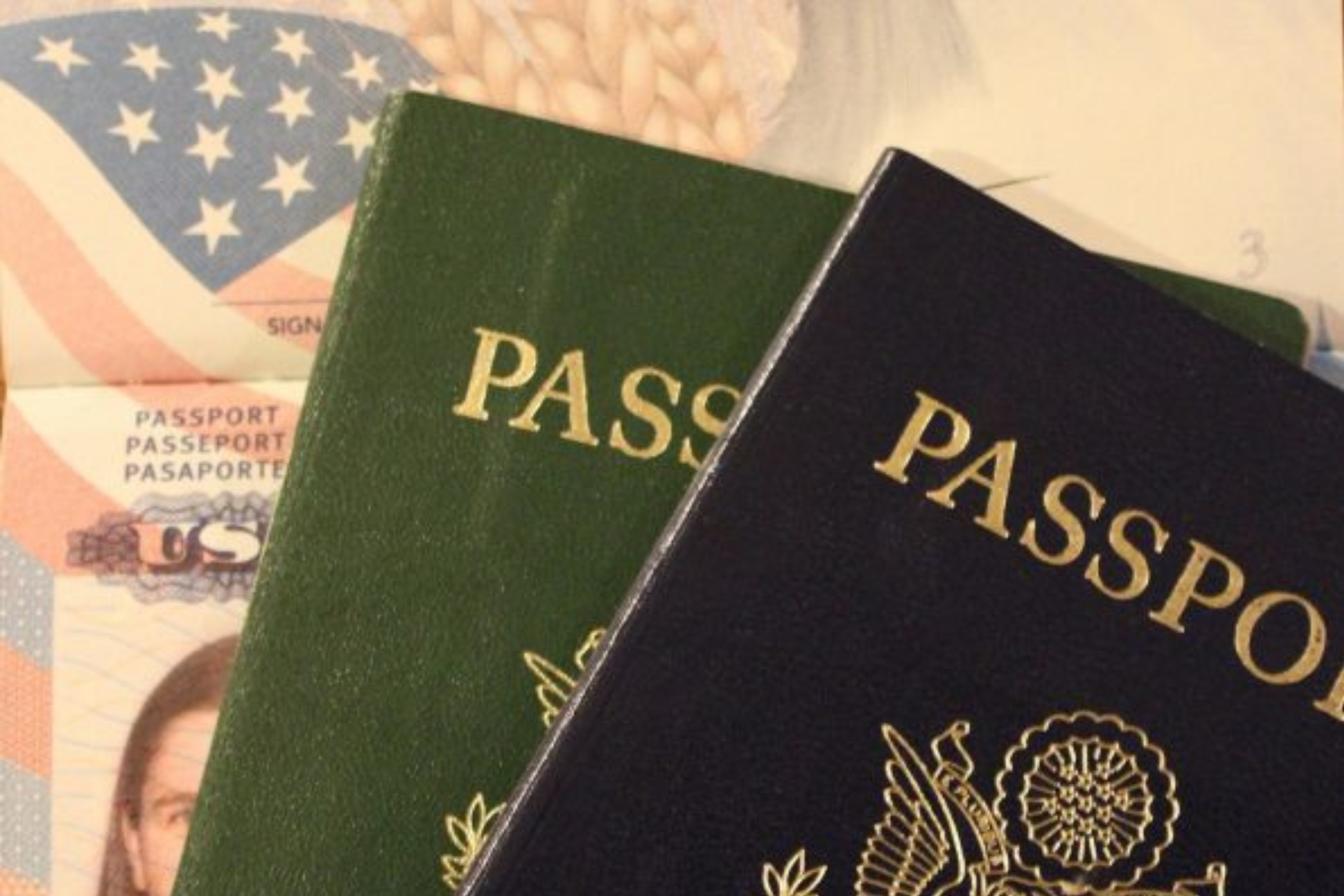In the Puerto Rico Statehood Act (H.R. 8393), a bill that passed the House last year, U.S. citizenship is “recognized, protected, and secured” only if Puerto Rico becomes a state.
Some supporters of nationhood for Puerto Rico – independence either with or without a free association arrangement with the U.S. – thought that US citizenship should be equally secure under their preferred status options. It can’t be.
The process of creating the Puerto Rico Status Act – the first Puerto Rico status bill negotiated by supporters of multiple status options – and its current demise is proof that US citizenship is only possible under statehood.
What does H.R. 8393 say about U.S. citizenship under statehood?
The Puerto Rico Status Act includes the exact text Congress recommends Puerto Rico should use on its proposed ballot to be given to voters.
For its definition of “statehood,” the ballot explains that “The State of Puerto Rico is admitted into the Union on an equal footing with the other States,” and that “United States citizenship of those born in Puerto Rico is recognized, protected, and secured under the United States Constitution in the same way such citizenship is for all United States citizens born in the other States.”
Citizenship under separate nationhood
The pending legislation offers two other non-territorial status options for Puerto Rico:
- Independence
- Sovereignty under free association with the United States
These two options likewise have definitions of citizenship. Under Independence:
[B]irth in Puerto Rico or relationship to persons with statutory United States citizenship by birth in the former territory shall cease to be a basis for United States nationality or citizenship, except that persons who have such United States citizenship have a right to retain United States nationality and citizenship for life, by entitlement or election as provided by Federal law.
According to the bill, people who are born in Puerto Rico or born to someone with “statutory” U.S. citizenship (people born in Puerto Rico since 1917 are U.S. citizens by virtue of a federal law or statute, and they lack the protection of the U.S. Constitution) would no longer qualify for U.S. citizenship.
Current U.S. citizens in Puerto Rico, however, would be able to keep that citizenship — as long as that citizenship is “provided by Federal law.” In other words, citizenship is generally secure for those who have it for now, but the text recognizes that Federal laws can change in such a way that U.S. citizenship would no longer be “provided.”
Under free association, the PRSA proposes that:
[P]ersons who have United States citizenship have a right to retain United States nationality and citizenship for life by entitlement or election as provided by Federal law.
Birth in Puerto Rico shall cease to be a basis for United States nationality or citizenship. Individuals born in Puerto Rico to parents both of whom are United States citizens shall be United States citizens at birth, consistent with the immigration laws of the United States, for the duration of the first agreement of the Articles of Free Association.
Simply stated, current U.S. citizens in Puerto Rico would be able to keep their U.S. citizenship (putting aside the very real possibility that Congress can always pass a new law and no longer “provide” for “citizenship for life”).
In addition, although U.S. citizenship would no longer be accessible to people born in Puerto Rico, if both parents are U.S. citizens, individuals “shall be United States citizens at birth” for the duration of the first agreement of the Free Association agreement.
This language raises two points. First, this text is silent on the terms of derivative U.S. citizenship, which requires parents to have lived in the U.S. for a period of time in order to pass that citizenship down to the next generation. Second, the language glosses over the reality that the terms of a Compact of Free Association (COFA) are negotiated between two countries. One Congress not only cannot bind a future Congress on the terms it will accept in a COFA, Congress simply lacks the power to dictate the terms of such a bilateral negotiation.
Regardless, after the expiration of the first Free Association agreement, even having one parent who is a U.S. citizen would not be enough to secure U.S. citizenship for the next generation. U.S. citizenship would ultimately be lost.
Under the current Compacts of Free Association – with Marshall Islands, Micronesia, and Palau – residents of the freely associated states do not qualify for U.S. citizenship by birth. It is possible that the PRSA was seeking to promise something it cannot ultimately deliver and that would have been dropped after further consideration from Congress.
Where do the definitions come from?
The definitions of citizenship in the PRSA were negotiated by Members of Congress. The definition of U.S. citizenship under statehood is the same as the one used in the United States-Puerto Rico Political Status Act, which the U.S. House of Representatives passed on March 4, 1998.
There have been expressions of concern over the fate of U.S. citizenship in a new independent nation of Puerto Rico (with or without free association), with some critics voicing how precarious it would be while others argue it still does not go far enough.
For example, Melissa Mark-Viverito, former speaker of the New York City Council, wrote in a letter to House Speaker Nancy Pelosi that “many in Puerto Rico and the diaspora in the United States are … alarmed at… the lack of clarity on U.S. citizenship under free association, and …the imposition of unacceptable conditions under independence.”
There is also significant ambiguity surrounding the idea that, as the bill promises, current U.S. citizens would “have a right to retain United States nationality and citizenship for life” given that Constitutional 14th amendment citizenship is not available to people born in Puerto Rico by birthright even today.
Constitutional vs. Statutory Citizenship in Puerto Rico
Congress can technically rescind citizenship for current citizens of Puerto Rico at any time.
At the end of the day, the bill drafters were actually quite clear about access to U.S. citizenship. They stated explicitly that U.S. citizenship is “recognized, protected, and secured under the United States Constitution” only under statehood. This language was not included in the definition of independence, with or without free association. When the dust settles, that may be all the future voters of Puerto Rico need to know.
Updated on December 15, 2025.



ANYONE READING THIS MUST KNOW THAT THE ONLY WAY TO GUARANTEE U.S. CITIZENSHIP IS BY VOTING TO MAKE THE ISLAND A STATE WITHIN THE U.S
I DO NOT AND CANNOT SEE WHAT THE LOGICAL PROBLEM IS. STATEHOOD IS THE ONLY WAY TO PROTECT THE ISLAND FROM “CARPETBAGGERS” WHO WOULD LOVE TO PURCHASE LAND FOR PENNIES ON THE DOLLAR AS THE ISLAND DETERIORATES. TOURISM IS A GREAT INCENTIVE FOR THE ISLAND BUT IT CANNOT BE THE ONLY THING.